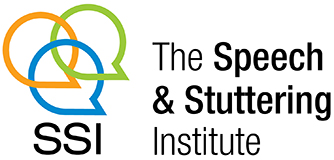Imagine yourself in this situation: you have something important to tell a family member or a friend. You go up to them and start talking but they look at you with a blank, confused expression. They have not understood anything you said. This is a daily experience for children with speech sound disorders.
When we say that a child has a speech sound disorder, it means he is leaving out sounds in words or substituting one sound for another to the point that the listener cannot understand the words and ideas he is trying to convey.
- Some children respond by becoming angry or frustrated and they act out with negative behaviours. Others withdraw and become shy and reluctant to communicate. It’s not surprising that the research shows these children are at risk for social and emotional difficulties.
- Studies report that that peers often ignore children with speech difficulties and view them more negatively. Imagine how hard to it would be to form friendships when you can’t communicate effectively. Even adults and teachers have been shown to view children with communication impairments as less intelligent and socially competent.
- Research also shows that children with speech sound disorders are at risk for academic problems and may have difficulties with spelling and reading, especially when the speech difficulties persist past kindergarten.
The good news is that therapy is effective! Not only do children’s speech skills improve, but also their speech intelligibility and self confidence. The preschool years offer an important window of opportunity for us to change the course of a child’s development and make a positive impact on their future.
